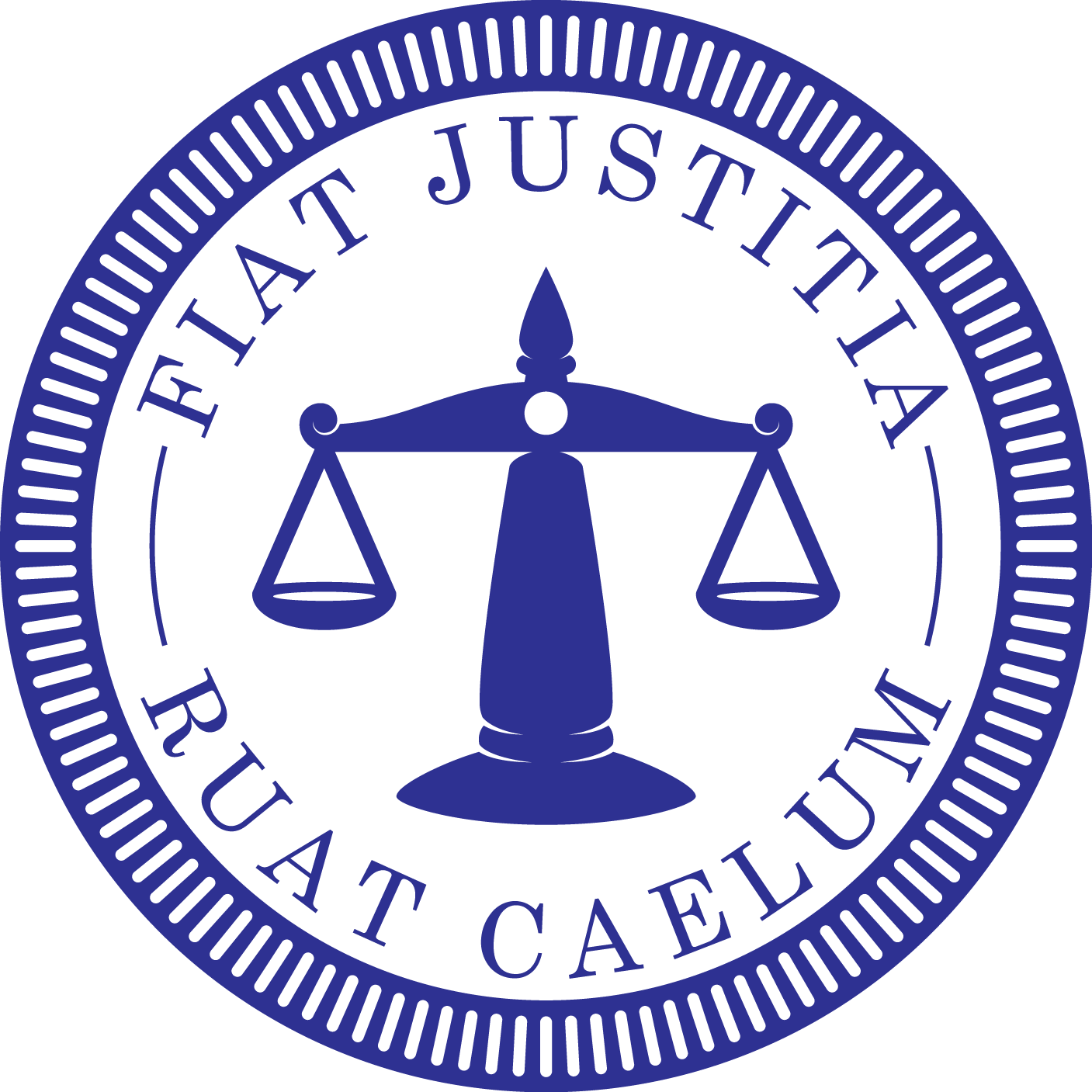What About Defensive Medicine?
Lately, there has been a lot of talk about doctors practicing "defensive medicine" as a result of the "litigation crisis" in America. But, like many aspects of tort reform, many people don't know what defensive medicine is.
Defensive medicine is when a doctor, afraid of being sued, leaves no stone unturned to diagnose, treat, or cure a patient. The most common example cited is when a doctor "knows" that a patient has illness X, but runs a test to check for illness Y, just on the incredibly rare chance that the patient has illness Y. A wide variety of statistics are available to show just how much money is spent on these unnecessary tests and procedures. However, there is one statistic I'd like to see but haven't: How many lives have been saved because an "unnecessary" test diagnosed a fatal illness early?
Somehow, tort reformers argue, that because a doctor in Duluth orders an "unnecesary" MRI, patients in Los Angeles will pay more for their needed MRI's. Proponents of the defensive medicine theory therefore argue that the traditional economic principal that as supplies increase, prices decrease, somehow does not apply to medicine.
Finally, ask yourself who defensive medicine really hurts. It doesn't hurt the doctor that charges for the procedure or test. It doesn't hurt the pharmaceutical that supplies drugs for the procedure or test. It certainly doesn't hurt the patient to have an extremely thorough doctor. And if the patient is footing the bill, he or she can certainly choose whether or not to have the procedure or test done.
The only other party that defensive medicine could possibly hurt would be insurance companies. But the problem with that theory is that insurance companies have very strict policies about what procedures and tests they'll pay for. It's all too common for a patient to develop a serious medical condition because their insurer wouldn't pay for a test or procedure that would have diagnosed the condition before it became serious.
So defensive medicine puts money in the pockets of doctors, hospitals, and pharmaceuticals. Insurance companies won't pay for defensive medicine, so it doesn't raise anyone's health insurance premiums. From time to time, defensive medicine saves lives. It would therefore appear that "defensive medicine" is just another sham used to scare people into supporting tort reform.

